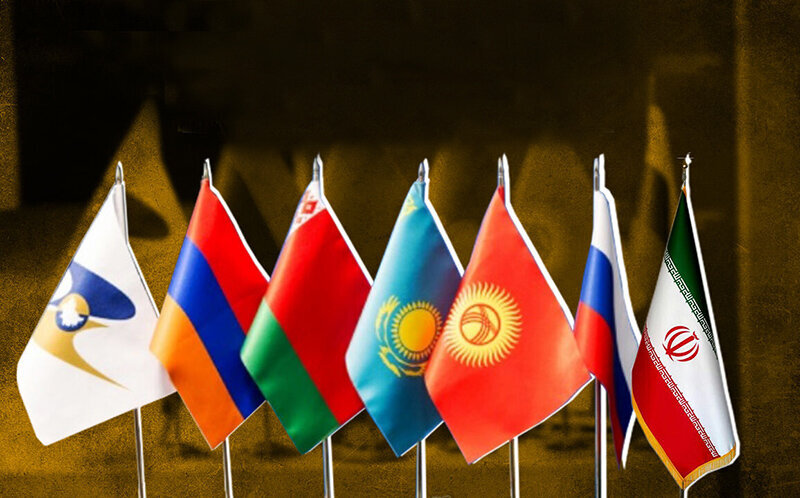Iran’s export of goods with preferential tariffs to EAEU increases 85%

TEHRAN- Export of the commodities subjected to preferential tariffs from Iran to the Eurasian Economic Union (EAEU) member states has risen 85 percent since the implementation of a free trade agreement between the two sides (October 2019), head of Iran’s Trade Promotion Organization (TPO) announced.
Hamid Zadboum also said that 13 percent of Iran’s imports from the EAEU are subjected to the preferential tariffs, while 49 percent of the country’s exports to the block is subjected to those tariffs, TPO website published.
The official said that Iran’s exports to the EAEU member countries are more variable compared to its imports from those states, adding exports can be even more expanded.
On April 17, Zadboum announced, “The list of products subjected to zero tariff in trade with the Eurasian Economic Union has been announced.”
“The list mainly includes agricultural, pharmaceutical and foodstuff products,” the official stressed.
According to the TPO head, the Eurasian Economic Committee approved a list of essential import products to the union to minimize the negative economic impacts of the coronavirus outbreak and to prevent the shortage of such goods in the union.
He further noted that zero-tariff goods for exports to Eurasia include some agricultural and food products (potatoes, onions, garlic, cabbage, carrots, peppers, rye, rice, buckwheat, fruit juice, and baby formula) and some pharmaceutical products and medical supplies (endoscope, contactless thermometers, and disposable medical pipettes).
The import of these goods has been declared ‘essential’ due to the increased demand or short-term shortages caused by the current situation of the pandemic in EAEU member states, he added.
Iran and Eurasian Economic Union reached a free trade agreement in October 2018 based on which about 862 commodity items were subjected to preferential tariffs.
The interim agreement enabling the formation of a free trade area between Iran and the EAEU was signed on May 17, 2018, and officially came into force on October 27, 2019.
Iran is a very important market in the region and the development of ties with this country is of high significance for the EAEU members (Russia, Belarus, Armenia, Kazakhstan, and Kyrgyzstan).
The free trade agreement between Iran and this union has laid the ground for the expansion of trade ties between the two sides.
The agreement with the bloc has increased Iran’s exports to the EAEU member states significantly, which is a turning point for the Islamic Republic plans for boosting non-oil exports during the U.S. sanctions.
MA/MA
